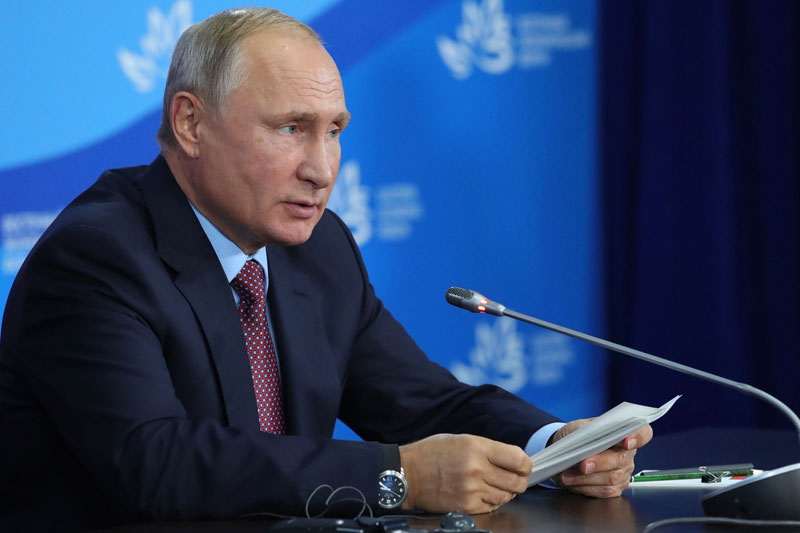By Geoffrey Smith
Investing.com -- Crude oil prices fell below $80 in early trade in the U.S. on Wednesday, after the Organization of Petroleum Exporting Countries shaved its forecasts for global oil consumption this year due to the summer wave of Delta-variant Covid-19.
OPEC kept its forecast for demand next year unchanged at an average of 100.8 million barrels a day. That’s an increase of some 4% from this year’s average and implies that world demand will have more or less returned to its pre-pandemic trajectory by the end of 2022.
By 9:15 AM ET (1315 GMT), U.S. crude futures were down 1.0% at $79.81 a barrel, the first time this week they’ve dipped below the $80 threshold. Brent futures were down 1.1% at $82.53 a barrel.
The market is bracing for weekly inventory data from the American Petroleum Institute, a day later than usual because of the Columbus Day holiday. A marginal increase of just over 100,000 barrels is expected from the government’s data, which are due on Thursday.
OPEC’s wasn’t all bearish by any means: it said that supply outside the bloc had been crimped for longer than expected and reduced its estimate of average 2021 supplies from non-OPEC countries by 210,000 barrels a day, chiefly because of the outages that followed Hurricane Ida.
Supply shortfalls outside the bloc increase the need for OPEC – which controls most of the world’s spare capacity – to raise output. OPEC estimated the ‘call’ on its production at 29.36 million barrels a day in the fourth quarter, more than 1 million b/d above what the bloc is scheduled to be producing even by the end of December under its plan for phased output increases.
Elsewhere, Russian President Vladimir Putin warned that $100/bbl oil prices are "quite possible" again due to past under-investment, which he said was a result of misguided policy choices by western countries.
His comments were an echo of a warning from the International Energy Agency earlier on Wednesday, which said in its annual World Energy Outlook that the world isn’t investing enough in fossil fuels to avoid a rerun of this year’s market disruptions. The IEA was more concerned, however, with the failure at the same time to invest enough in renewable energy to meet the goals of the Paris Climate Accord.
Putin repeated that Russia is ready to pump more gas to Europe, but again urged the bloc to commit to new long-term contracts with Gazprom (MCX:GAZP), pointing out with relish that the current situation in European gas markets is the result of depending too much on spot markets.
